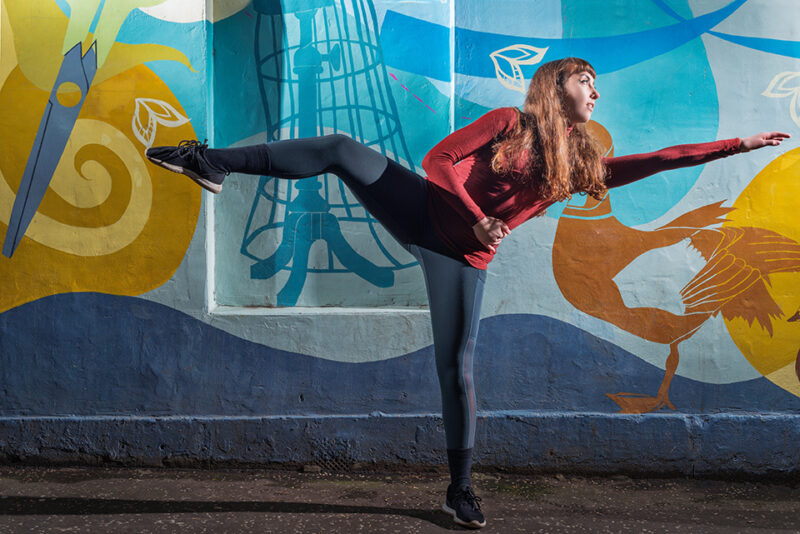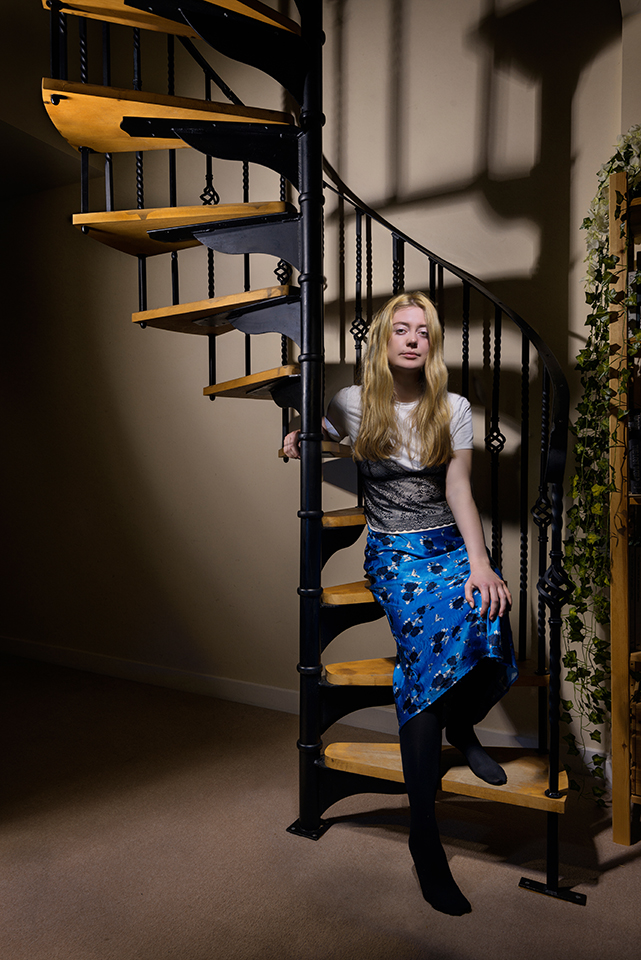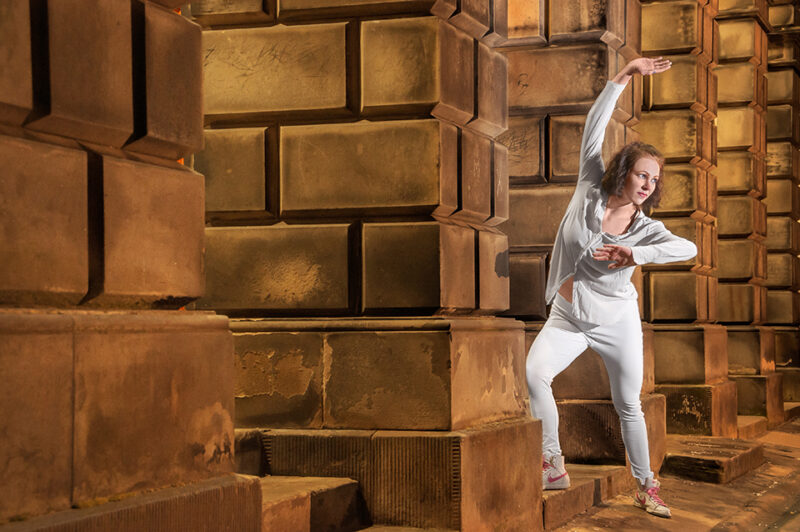These days you hear a lot of complaints about how the digital era has ruined professional photography, because it is now much easier to take pictures that are ‘good enough’.
When I got started in my previous career as a theoretical physicist, I realised it was essential to be good with computers, because most of the problems of current interest in physics weren’t solvable with pen and paper. Back in those days, there were no user friendly operating systems like Mac OS X. The tools available to check and correct one’s computer programs were very primitive by today’s standards, and so were the programming languages available for scientific computing. Never mind the fact that 256 MB of RAM was the most I had access to on the then state of the art Cray Y-MP supercomputer. The kind of computer that cost millions of dollars. Needless to say that a lot has changed in the field of computational science in the past two decades or so. The ease with which it is now possible to write and test complex computer programs coupled with the speed of today’s machines make it possible for novice programmers to carry out calculations experienced scientists couldn’t even dream of twenty-five years ago. Yet you don’t hear senior computational physicists complain that the new technology has totally ruined the field because it is now much easier to program computers. This is because the technology makes it easier for everyone, not just for the beginner. Provided you can be bothered to keep up with the times and learn the new tools.
The basic principles of good scientific programming and project management haven’t changed, and the experienced computational physicist has a great advantage over the novice who still has to learn those principles. Moreover, the advances in computer technology are opening new avenues for research. This is wonderful since you obviously don’t want to solve the same problems over and over again. I can think of no valid reason for anyone to complain about the changes brought about by the new technology.

The similarities with the digital revolution in photography are striking to me. Sure, nowadays a novice can take the kind of picture that took quite a bit of technical skill twenty years ago. But then, why would you want to take the same kind of pictures you took eons ago? Isn’t it time to move on?
The basic principles of composition and lighting haven’t changed, and therefore the experienced photographer who masters those principles has the advantage over the novice who still has to learn them. And the digital revolution has opened up new avenues for image making. One of these is the use of compositing or image trickery with Photoshop. Another is low light or night photography. It is now possible to capture high quality photos and video with the same camera. Challenging time lapse sequences, like capturing the change from daytime to night, are now much easier to do. Just to give a few examples.
Share this content on



